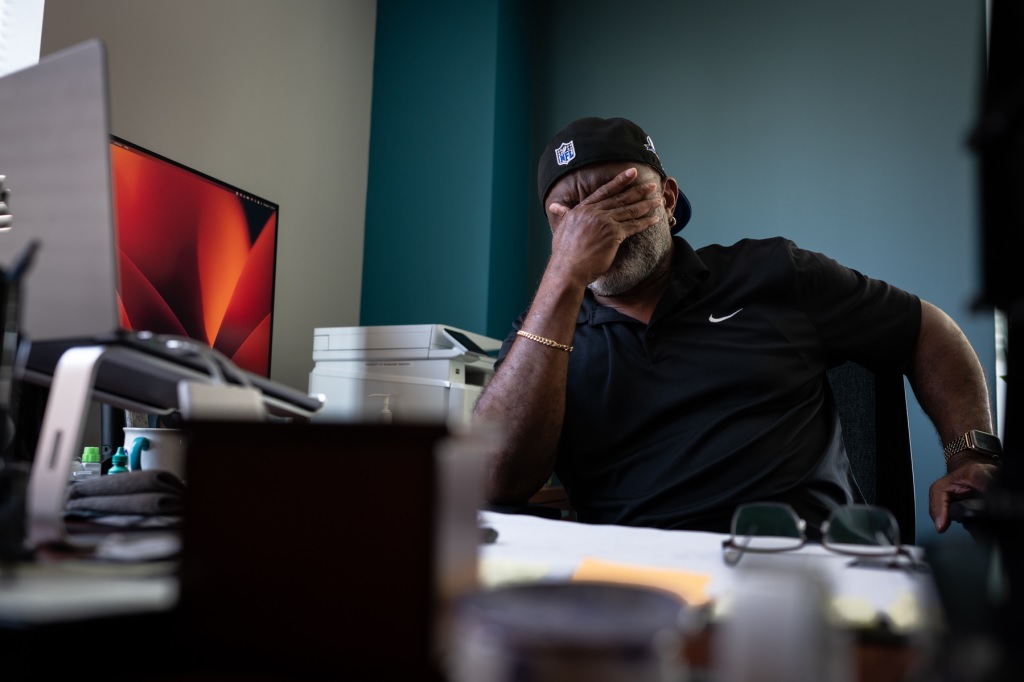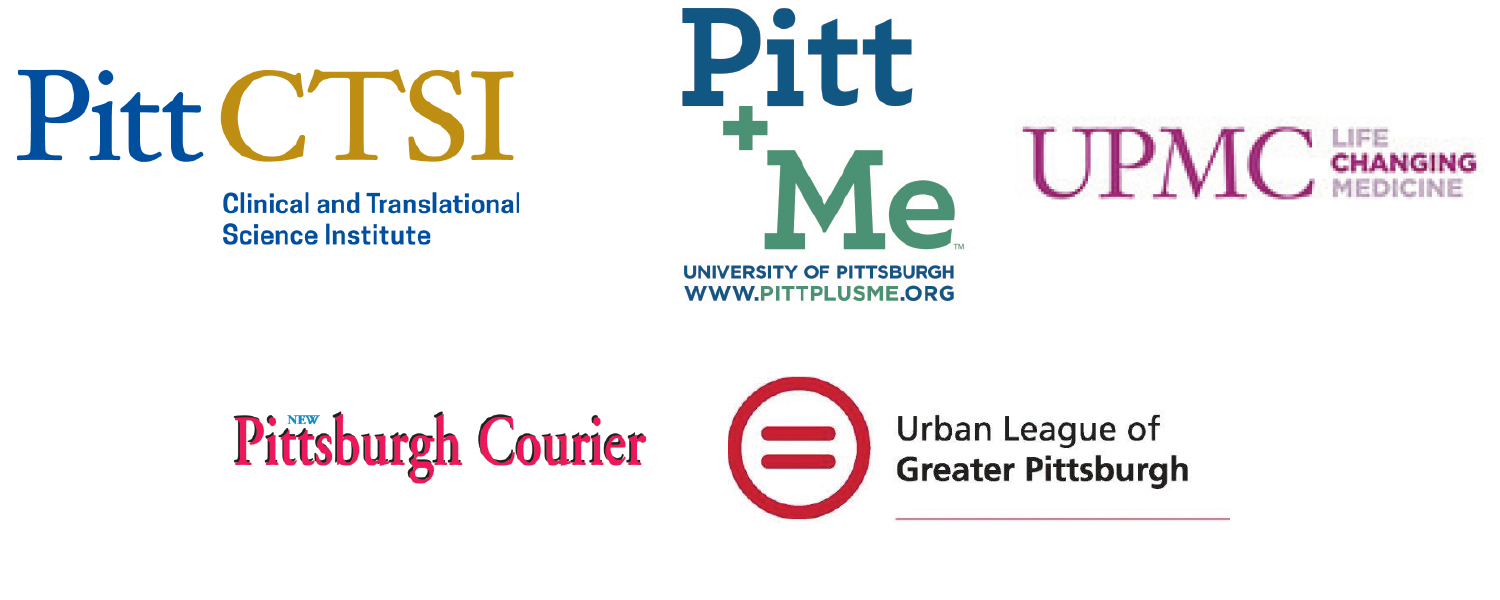RICHARD GARLAND
The connections between violence, incarceration, and health outcomes for Black men are complex.
Black men face barriers to their well-being that White men don’t. Access to quality education is unequal as are job opportunities, affordable housing, and good healthcare, especially in underserved communities.
Black men are also disproportionately exposed to community and interpersonal violence, racial profiling, and police brutality.
When they’re directly impacted by violence as victims or witnesses, they may experience physical injuries, like gunshot wounds, stabbings, or traumatic brain damage. They may develop mental health disorders like PTSD, depression, anxiety, and substance abuse. They may also suffer from chronic health conditions like hypertension and constant pain.
Even indirect violence can affect Black men’s health. Maybe a family member has been incarcerated or a friend or neighbor has been shot or beaten. These experiences can affect a person’s mental outlook, cause psychosocial stress, and put people at risk for interpersonal violence.
Of all the barriers to Black men’s well-being, incarceration is one of the highest. Black men are incarcerated at higher rates than White men and serve longer sentences for the same crimes — the result of racial profiling, implicit bias, harsh sentencing laws, and systemic racism within the criminal justice system.

Richard Garland, executive director of Reimagine Reentry, holds his head as he talks about trends in gun violence in Pittsburgh, on Sept. 7, 2023, in his Hill District offices. (Photo by Stephanie Strasburg/PublicSource
Incarceration disrupts family life and relationships, creates financial problems, and results in stigma and discrimination that affects employment, housing, and social interactions long after release.
In the prison system, Black men face limited healthcare services, leading to unmet medical needs and untreated conditions like hypertension, diabetes, and asthma. These conditions are made worse by limited access to healthcare, unhealthy food, and little or no exercise.
Incarcerated Black men also suffer from higher rates of substance abuse and psychological distress than the general population. The prison environment can make existing mental health issues worse, too — and lead to new ones, due to overcrowding, violence, and isolation.
Even after release, Black men face more barriers to good healthcare. They may lack insurance, have difficulty finding a job due to the stigma and discrimination of being incarcerated, and feel overwhelmed as they try to navigate the outside world.
“There is so much going on when you’re released,” says Richard Garland, retired University of Pittsburgh assistant professor and current Executive Director of Reimagine ReEntry. Richard spent more than 20 years in various forms of incarceration before he reclaimed his life with help from mentors in Philadelphia’s Holmesburg Prison.
“You may come out in worse shape than you went in,” he explains. “You’re trying to get back in with your family and your community and find a way to get a job with a criminal record. Physical and mental healthcare don’t take priority.”
All the barriers Black men face upon reentry can make anxiety and depression, as well as substance abuse and addiction, spiral — especially when there’s no support and no access to safe and effective treatment. “Mental health issues are crushing our Black families and communities,” Richard says.
It’s one of the reasons Richard founded Reimagine ReEntry four years ago. He and his staff of 13 direct, coach, and mentor formerly incarcerated Black people in Allegheny County from the organization’s headquarters in the Hill District.
With recent funding from the county’s $50-million-dollar-commitment to reducing community violence, Reimagine ReEntry continues to help formerly incarcerated people with mental health services, workforce development and training, family reunification, and housing.
“Our team provides hope and opportunities, so formerly incarcerated people can make healthy choices that benefit them, their families, and the community,” Richard says. “We provide this service for three years after their release.”
Reimagine Reentry also responds to gun violence through its CommUnity Peace, part of the national hospital-based violence intervention program. CommUnity Peace helps gunshot victims quickly and directly in the hospital where they’re being treated. Within 24 hours, a violence prevention coach is by a victim’s side offering social support like therapy and job training, as well as relocation services if needed. The goal is to stop the cycle of violence and lower the number of gun-related deaths.
By reducing crime and violence through structural intervention, Reimagine ReEntry hopes to reduce recidivism. “We’re seeing more Black men entering incarceration at a younger age and maturity level,” Richard explains. “Many of them arrive with undiagnosed and untreated mental health issues. While they may receive medicine when they’re locked up, will it help them — or just keep them from causing trouble?”
Other forces and programs are helping to break down barriers to Black men’s health, including social media. “More Black youth are normalizing mental health and medication on TikTok and other sites, which helps put an end to stigma,” he says.
Collaborative justice courts, too, provide a better alternative to traditional criminal justice judgments. Drug courts, for example, combine oversight and monitoring with substance abuse treatment. “The hope is to reduce reentry and help people understand why they’re abusing drugs, so they can stop,” Richard explains.
Programs that pair social workers with police are de-escalating mental health situations that can turn violent and result in injury and even death. “When someone is in crisis, social workers and police respond together,” Richard adds.
While good things are happening, more needs to be done. “There’s a quote I love from my mentor John Africa of MOVE: ‘Application don’t need no conversation,’” says Richard. “We in the Black community must act on behalf of Black youth. We must embrace and support our young Black men and help them with education and job opportunities, so they have options. Options empower people to rise above their circumstances.
“We can’t give up on our young people,” he continues. “They’re so bright, so resilient, so strong. The more I work with my staff, the more respect I have for all they offer our future.”
